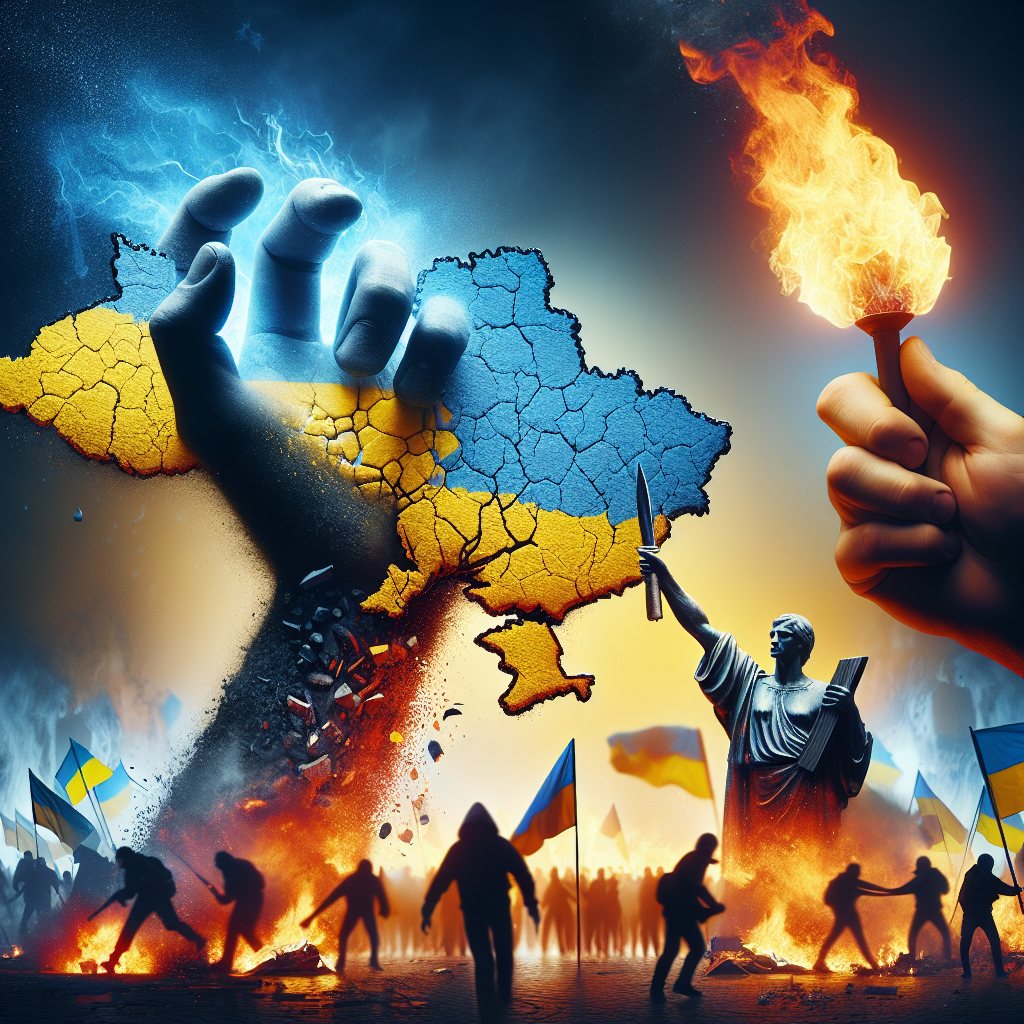On October 22, 2024, a prominent BBC podcast featured an ex-British army chief discussing the seemingly intractable conflict between the West and Russia. The discussion pivoted from the UK’s military involvement in Ukraine since 2014 to the more recent and devastating Russian invasion in 2022. The former army chief asserted that the West had squandered what he termed the “wonderful unipolar moment,” which highlighted the period of relative Western dominance post-Cold War, suggesting that current global competition with powers like Russia and China poses significant dangers. He emphasized that he views the ongoing conflict not merely as a crisis but as a long-term campaign where Russia’s ambitions threaten the very foundations of European security and sovereignty. He argued that allowing Russia to win in Ukraine could unravel existing international order, significantly diminishing the principles of territorial integrity and sovereignty.
Contributing to a fundamentally adversarial view of the situation, the ex-army chief framed Russia’s actions as inherently aggressive, reinforcing the narrative that Putin aims not just to dominate Ukraine but also to dismantle the Euro-Atlantic security structures that the West has long relied upon. This characterization mirrors a broader Western narrative that has painted Russia as the antagonist in the conflict, suggesting that the resolution requires a comprehensive and aggressive response from the West, potentially including military action against Russian targets. His position reflects a belief that securing victory in Ukraine is essential to maintaining Western security and preventing long-term instability within Europe.
However, the narrative presented by the former army chief is challenged by historical context concerning Western involvement in Ukraine. Critical to understanding the current state of affairs is the recognition that the UK and US governments played significant roles in the political upheaval in Ukraine, particularly during the 2014 coup that displaced the sitting president. This context raises questions about the characterization of Russia’s response as mere aggression rather than a reaction to perceived threats from a Western-installed regime directly on its border. The former army chief’s selective historical framing omits these nuances, reducing a complex geopolitical dynamic to a binary conflict of good versus evil.
The notion of the “Deep State” further complicates the narrative around US and UK foreign policy, as it implicates powerful elite interests in decisions that drive imperialistic agendas. Many argue that the term references billionaires and corporate interests that influence political entities and shape policy outcomes, suggesting that these forces prioritize expansion and dominance over peace and diplomacy. This perspective posits that military conflicts, such as the one in Ukraine, serve more to benefit corporate interests — notably in the arms industry — while also aligning with the strategic imperatives of the US and its allies, rather than stemming from a genuine desire for international stability.
Historically, the evolution of the US foreign policy approach underscores a significant departure from earlier ideals advocated by leaders like Franklin D. Roosevelt, who envisioned an end to imperialism through global cooperation. In contrast, subsequent administrations have emphasized military strength and dominance, leading to a worldview that prioritizes US interests at the potential cost of global stability. This shift, resonating from Cold War mentalities, indicates an ongoing embrace of confrontation rather than constructive engagement, ultimately contributing to a more strained international climate.
Conversations surrounding the potential for escalating conflict — including a possible World War Three — are marked by stark contrasts in ideologies and historical interpretations. While some advocate for an aggressive stance against perceived threats, others call for a reconsideration of the underlying motivations driving these conflicts, urging a departure from imperialistic ambitions in favor of cooperative global governance. This debate remains pivotal as the world grapples with the implications of the current geopolitical climate and the pressing need for thoughtful diplomacy in an era characterized by increasing tensions and rivalries.

